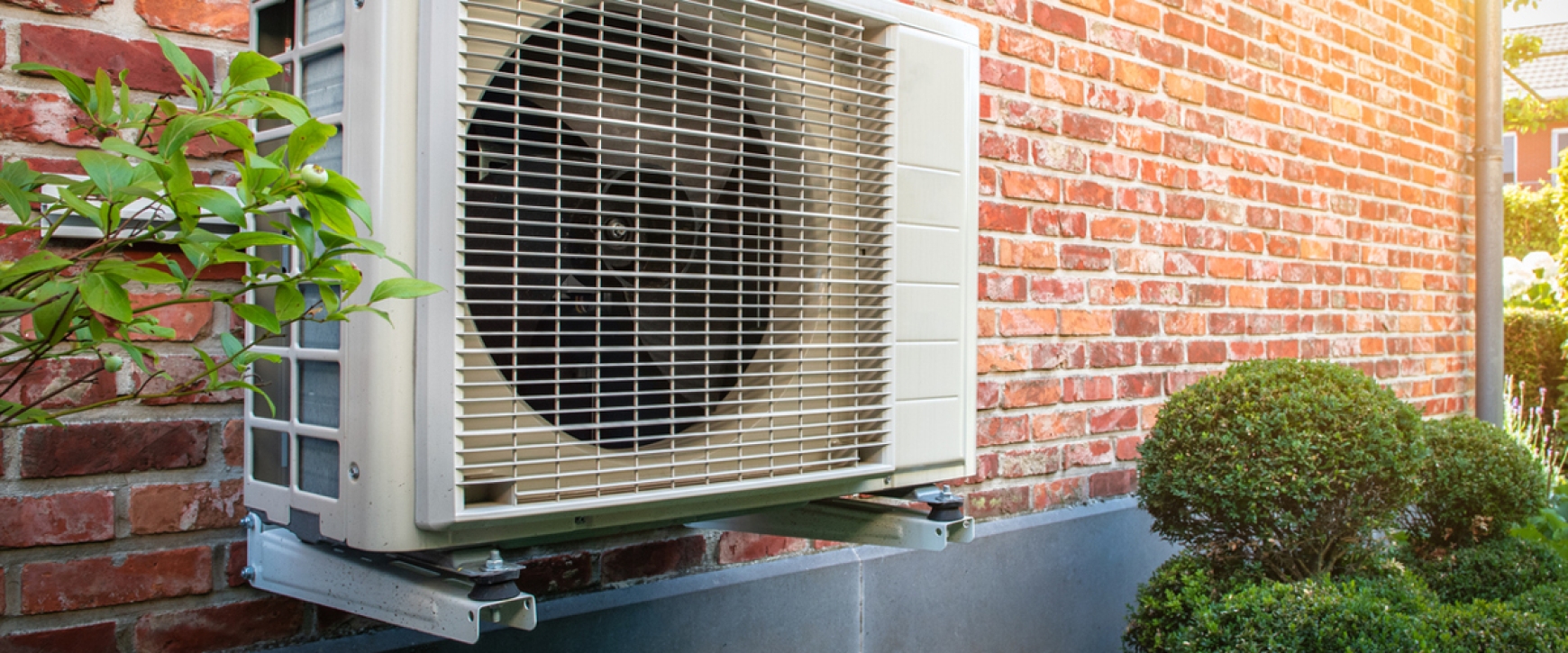The transition to cleaner energy sources is a critical step in addressing climate change and reducing greenhouse gas emissions. As the world seeks to decarbonise various sectors, the heating industry stands out as a significant contributor to carbon emissions. Recognising the need for alternatives to fossil fuel heating, the UK Government proposes to introduce a Clean Heat Market Mechanism (CHMM) as part of its ambitious net-zero commitments. Focusing predominantly on the domestic sector for heat pumps, the CHMM will place an obligation from 2024 on the manufacturers of heating appliances to meet targets for the proportion of low-carbon heat pumps they sell each year, relative to fossil fuel boilers.
While the CHMM holds great potential, both the NFU and NFU Energy believe that certain supporting interventions are necessary to ensure its success. In this blog, we will delve into the four major interventions that are currently missing from the policy framework.
Addressing Running Costs and Heat Pump-Specific Tariffs:
One crucial aspect often overlooked is the comparison of running costs between traditional gas boilers and heat pumps. For end-users to fully benefit from the CHMM, heat pump operation costs must be competitive. Development of heat pump-specific tariffs (perhaps automatically detected by ‘smart’ heat pumps), may be necessary to ensure that the savings achieved through heat pump adoption are clearly evident. Only by providing cost-effective alternatives to gas boilers can heat pumps encourage a wider adoption of low-carbon heating technologies.
Considering Hard-to-Treat Buildings:
Hard-to-treat buildings pose unique challenges in terms of energy efficiency and the suitability of specific heating installations. To ensure the CHMM's effectiveness, it is imperative to give due consideration to these buildings, by conducting thorough assessments and providing appropriate installations tailored to their requirements, taking into account planning permission (especially for listed buildings). Such an approach would guarantee that the CHMM encompasses a wide range of properties, including those traditionally considered challenging to retrofit.
Energy Efficiency Standards and Post-Installation Monitoring:
NFU Energy emphasises the need to establish minimum annual energy efficiency standards within the CHMM. Simply relying on standard performance data from controlled environments is insufficient to ensure energy and cost savings for end-users. By incorporating heat use and profiles within the compliance process and demonstrating long-term energy efficiency improvements, the CHMM could more accurately assess the impact of low-carbon heating technologies. NFU Energy suggests introducing a post-installation monitoring period, such as 12 months, to validate energy efficiency claims and ensure the policy's effectiveness.
Including Biomass Boilers and Air-to-Air Heat Pumps:
NFU Energy supports the Renewable Energy Association's (REA) call for the inclusion of biomass boilers and air-to-air heat pumps in the CHMM. While the government's focus lies primarily on retrofitting existing oil and gas boilers with heat pumps, a holistic approach is needed. Considering the heating technology in conjunction with the fabric of the property in which it is installed is vital for decarbonising the heating sector effectively. However, the inclusion of other heating technologies may complicate the administration of the CHMM and would possibly require a separate mechanism.
Conclusion:
Although the proposed Clean Heat Market Mechanism will have little direct impact on NFU members’ businesses (it excludes the replacement of boilers over 70 kW), it sets the direction of travel for low-carbon heat policy, and NFU Energy has identified a number of desirable ‘course corrections’.
We believe that focussing purely on heat pumps as the prime means of decarbonising the heat sector places some heat users, especially those in rural areas with older buildings, at significant disadvantage. The risk of not adopting safeguards such as those described above is that inappropriate solutions are fitted, which compromise the capabilities of the policy to truly deliver because of poor reputation. We believe that by incorporating these interventions, the CHMM can truly deliver energy and cost savings for end-users while driving sustainable heating solutions across the UK.


